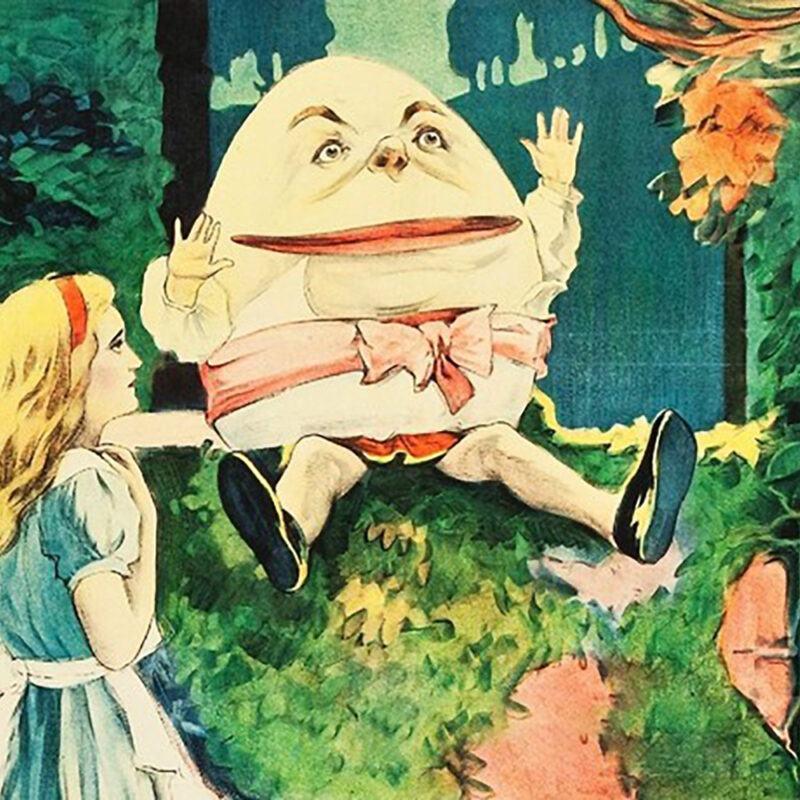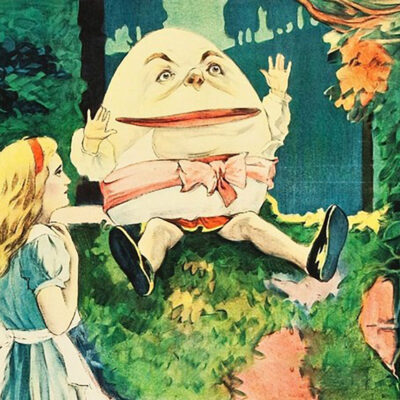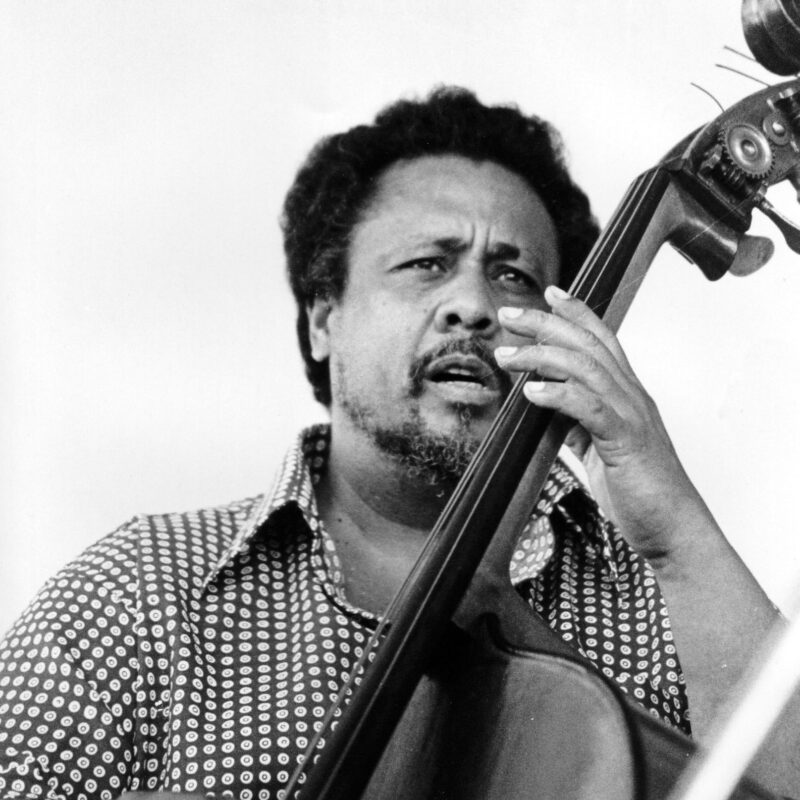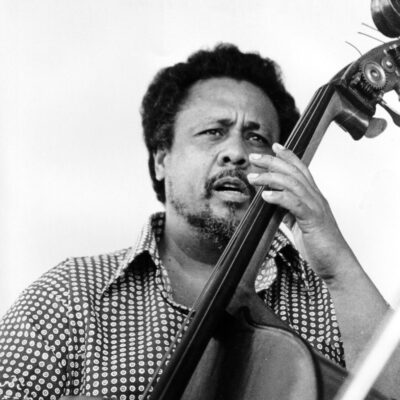He is equally at home quoting Judas Priest and Andres Segovia. As for the name, which people confuse with the folk singer from Iowa, he says, “Well, it is my damn name too.” Greg Brown (www.gregbrown.org) grew up in New Jersey, and moved to south Florida as a kid. When he was 10 years old, he heard AC/DC’s “Back in Black” and immediately thought, “Oh my god, I want to be a guitar player.” By age 14, Brown was listening to Metallica, Van Halen and the Scorpions, and he had the hammer-ons in “Eruption” down. He played in bands starting in middle school, and by high school, he found a trio that stuck. Age of Fire toured up and down the East Coast, and Brown was writing all of the tunes. But when the bass player and drummer started to contribute, Brown considered the new sound a collaboration and changed the group’s name to The Village Idiots. Little did he realize that some members of the Butthole Surfers had splintered off and already claimed that name. Enter the lawyers.

From the Scorpions to Spanish flamenco: Greg Brown’s influences are as diverse as his musicianship is deep.
|
Brown’s metal band got a very good response. They received a letter of intent from Capitol Records and were signed to a management deal by Premier Artist Management, a company that represented Sinatra, Liza and Sammy Davis Jr. The management company was looking to sign some more youthful acts, and they signed Brown’s band as well as Bloodlines, which was made up of the offspring of Sammy Hagar and Robbie Krieger. The band also elicited interest from Relativity, which had put out some of Joe Satriani’s LPs, but that label was bought by Sony, and all business was put on hold.
As Brown puts it, “Everything flopped.” He needed to find an affordable place to live, and since his father was a Virginian, Brown moved to Charlottesville in 1993. One of his new neighbors turned him on to a piece of classical guitar music by Albeniz that was played by Segovia, and Brown was impressed. “I ripped all the notes apart,” he says. Brown also connected with some musicians at JMU, and he had always liked the late 1970s record called Friday Night in San Francisco, featuring Paco de Lucia. “I was interested in the flamenco chops with a heavy metal attitude.”
Brown ran Music and Arts on 29 North for eight years, and during that time he traveled through southern Spain, which he says came with a spiritual payoff. Brown currently has two very good CDs of guitar music available: Sojourns in Solitude and Distant Places. Sojourns features four guitar suites that he wrote as well as a piece entitled “Transylvania” that was made possible by a grant from string manufacturer D’Addario & Company. Places features orchestrated versions of his Age of Fire material as well as other music.
One of the interesting things that Brown has discovered is that over 90 percent of his CDs have been distributed digitally. He sent copies of both discs to The Orchard, perhaps the world’s largest digital distributor of music. The Orchard scans the music and makes it available to iTunes, CDBaby and others. The company also takes care of the bookkeeping. Brown keeps his hard copies to a minimum, and the music is available all over the world. When your audience is something other than a pop audience, the Web can be very efficient at connecting the music with your listening market.
Brown just finished reading an interview with Rob Halford of British band Judas Priest, who said that digital distribution is the way the band wants to go. While it seems that the Web is used less for musical downloads in England than in the United States, Halford is banking on the fact that online distribution will continue to gain in popularity. Greg Brown’s music sales certainly seem to back that up.
Brown has many guitar students, and he is the guitarist with Las Gitanas. He is also looking forward to returning to Spain. “The mosque in Cordoba is No. 1 on my hit list.”
•
Speaking of guitarists, on Friday, January 5, Acoustic Muse presents National Fingerpicking Champion Muriel Anderson (www.murielanderson.com) at Westminster House on Rugby Road. She is one of a few performers on the harp guitar. Legend Les Paul had this to say about Anderson: “One hell of a great player…What I like is the touch that Muriel has on the guitar, the way she plays it like we all wish to.” Seems odd not to have Mike Seeger in town that first week of January, though.

Les Paul thinks Muriel Anderson is "one hell of a great player." You should probably take his word for it.
|





